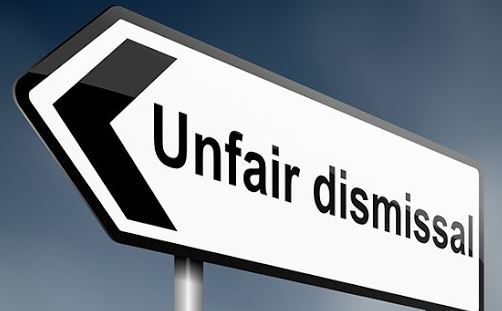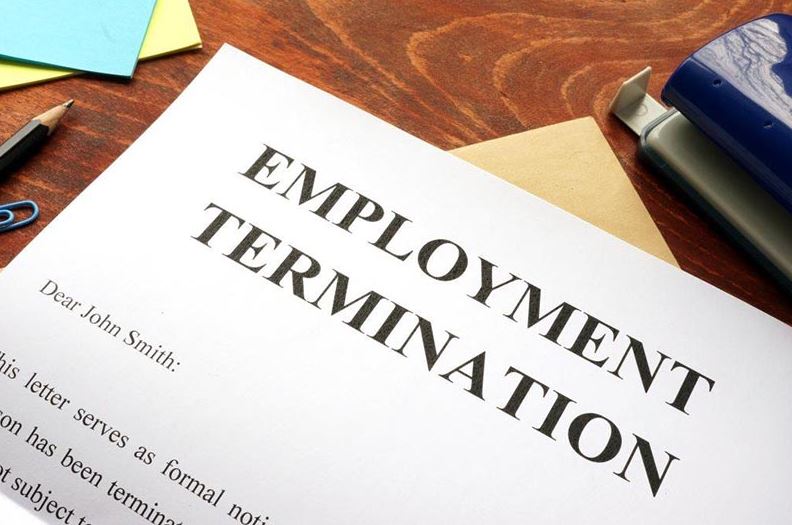
Currently, there are different types of dismissal that an employer can apply depending on the situation with the company or the behavior of the worker. On the one hand, we find what is called objective dismissal or for objective reasons, that is, one in which the company has to dispense with the services of a worker for organizational or economic reasons. On the other hand, we have the disciplinary dismissal that is made as a result of the acts of an employee when breaching the contract or leaving his functions.
However, in turn, there is another classification according to the Workers’ Statute in which the rights of the workers are taken into account. It establishes that there is appropriate dismissal, one in which the company has reasons to do so and in which the worker does not have the right to compensation or processing wages, and unfair dismissal, in this case, there are no solid reasons for dismissal so the company has to compensate the worker or reinstate him again.

Therefore, when we refer to an unfair dismissal we are always talking about one in which the company does not have justified reasons to stop having the work of that employee. It can happen before the contract expires, for example. In any case, whenever this happens the worker must be clear that upon receiving the dismissal letter it is essential that next to the signature write “not compliant.”
Why a Dismissal Can Be Clarified as Unfair
- Provided that a handwritten dismissal letter has not been delivered to the worker.
- If the date on which the dismissal becomes effective does not appear in the dismissal letter.
- When the employee has not been informed of the reasons why he is being fired.
- If causes have been given and they are not strong enough to justify dismissal.
- In situations where the dismissal is made for discriminatory reasons based on race, age, or sex.
- If the fundamental rights of workers are violated.

Services of a Lawyer in the Face of an Unfair Dismissal
The work of a labor lawyer in situations of unfair dismissal focuses on clarifying the real reasons for the dismissal and on ensuring that the worker maintains their full rights. These are the most common actions:
- Assess the causes, motives, and reasons for the end of the employment relationship to clarify whether it is appropriate or not.
- Present an allegation in the relevant legal and employment bodies to try to get the company and the employee to reach an agreement.
- File a lawsuit in court when it is not possible to reach an agreement.
- Calculate the compensation for unfair dismissal.
You must be clear about the causes of dismissal. Otherwise, you will probably need legal and professional advice to ensure that your rights are met.
